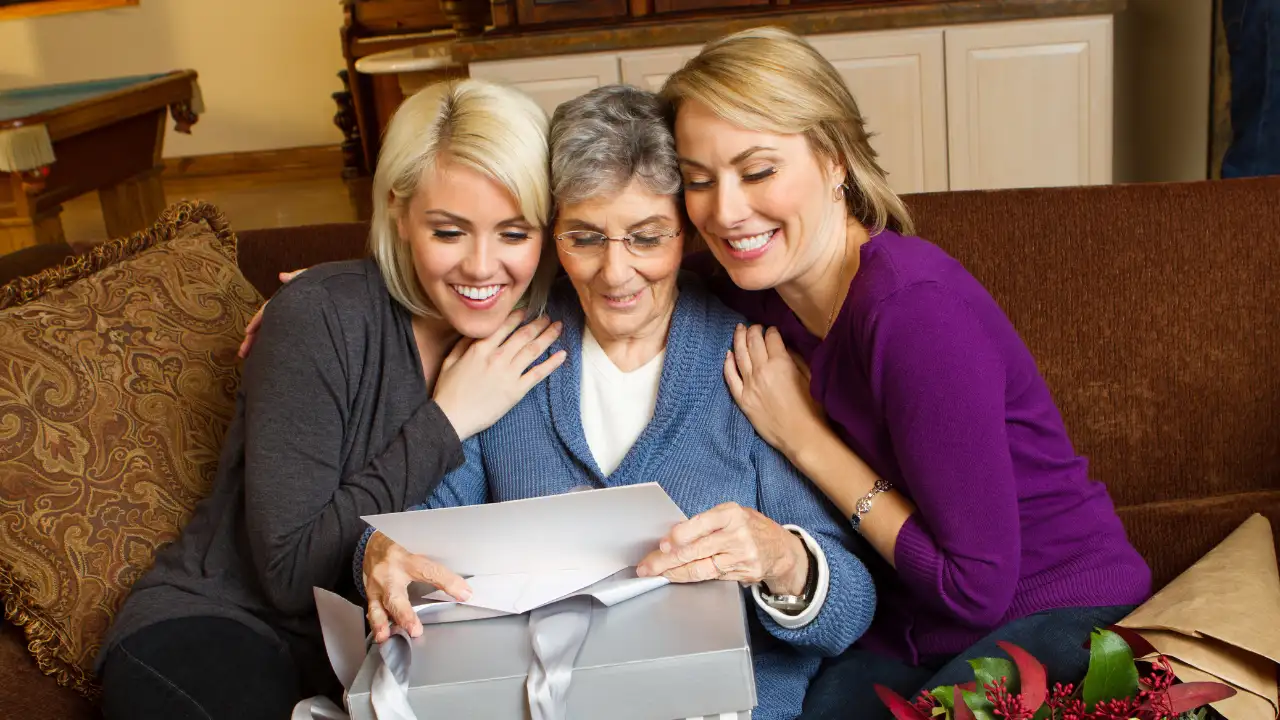You wake up, stretch, shuffle to the kitchen, put the kettle on, and then… silence. No one to share your tea with. No one to laugh at your decades-old jokes. No “good morning” hug or friendly natter over toast. For many older adults, this isn't a one-off melancholy morning; it’s the norm.
But here's the catch: that simple cup of tea with a friend or a quick chat with a neighbour might be more powerful than any multivitamin. According to Dr. Meenal Thakral, a specialist in geriatric medicine at Artemis Hospitals, staying socially connected is not just nice; it’s necessary for both mental and physical wellbeing.
Why Social Connection Matters
“We're social creatures by nature,” says Dr. Thakral. “Being surrounded by people who care about us isn’t just comforting; it’s vital.” Social interactions help maintain emotional balance, reduce stress, and significantly lower the risk of depression. Dr. Thakral points out that regular engagement with others can also help keep the brain sharp, potentially preventing memory loss and cognitive decline associated with dementia.
Health Risks of Loneliness
Loneliness doesn’t just tug at the heartstrings; it strains the heart itself. “Loneliness can increase the risk of serious health issues like high blood pressure, heart disease, stroke, and even early mortality,” explains Dr. Thakral. It also compromises the immune system, making older adults more susceptible to infections. And let’s not forget the emotional toll; feelings of isolation can quickly spiral into anxiety and depression.
How Connection Boosts Health
Fortunately, there’s a simple antidote: connection. “Staying involved with family, friends, and community activities gives older adults a sense of purpose and joy,” says Dr. Thakral. Whether it’s attending a local event, chatting with a neighbour, or lending a hand through volunteering, these moments add colour to life and meaning to the day.
Even small interactions can have a big impact, boosting confidence, reducing stress, and brightening mood. “Social connection doesn’t just help you live longer,” Dr. Thakral emphasises, “it helps you live better.”
Tips and Tricks to Stay Social
So how can older adults stay connected? Dr. Thakral recommends joining senior clubs, community centres, religious gatherings, or hobby groups. Learning new skills like navigating a smartphone or signing up for a class can open doors to new friendships and closer bonds with younger generations.
And don’t underestimate the power of technology. “Even a daily video call with a loved one can make all the difference,” she adds.
Get Latest News Live on Times Now along with Breaking News and Top Headlines from Health and around the world.
